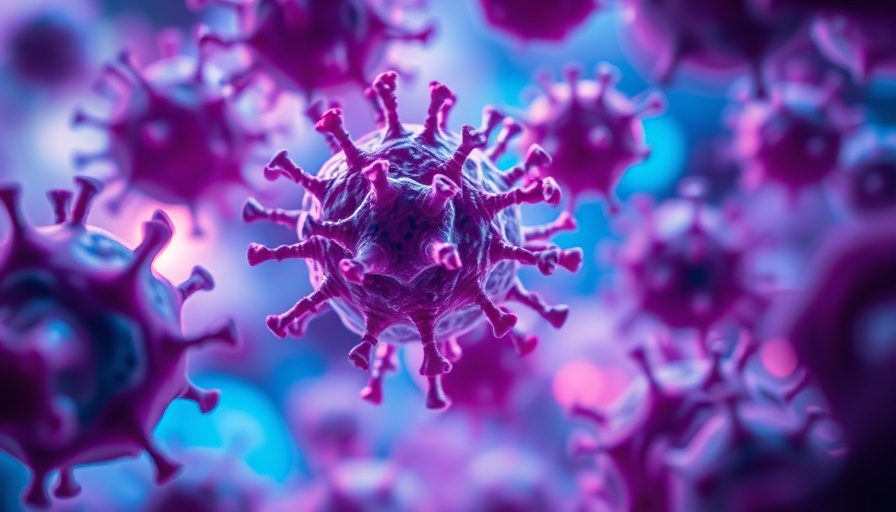
A shocking link between diet and cancer metastasis
Palmitic acid, a common saturated fat found predominantly in meat and dairy, is linked to a staggering truth: it enhances the metastatic potential of cancer cells. This isn’t just a minor dietary concern; it’s a significant factor that could fundamentally alter how we approach cancer treatment and prevention. Metastasis, the spread of cancer from its original site, is the leading cause of death among cancer patients, responsible for approximately 90% of cancer fatalities. Despite advancements in medical treatments, we often find ourselves making matters worse—something that should make our heads spin.
The disturbing reality of cancer therapies
You might think that treatments like chemotherapy or surgery would definitively help combat cancer. However, rather than solely attacking the disease, these interventions can inadvertently contribute to tumor progression. A scathing editorial titled "Therapy-Induced Metastasis" highlights this troubling reality, illustrating how common cancer treatments can change the tumor microenvironment and lead to the unfortunate escape of cancer cells into the bloodstream. Imagine getting chemotherapy to shrink your tumor, only to find this very treatment aids the cancer's ability to spread.
Unveiling the metastasis-initiating cells
So, what’s behind this insidious spread? The answer lies in the cells that trigger metastasis. Recent groundbreaking research uncovers a specific subpopulation of cancer cells that unleash this malignant behavior. These cells express an abundance of a fat receptor known as CD36, often referred to as "the fat controller." In essence, palmitic acid enhances the metastatic potential of these dangerous cells. It’s time we recognize where palmitic acid comes from: predominantly from animal products like meat and dairy.
The role of CD36 in cancer progression
When scientists examined human cancers implanted in mice, something striking emerged. Those tumors demonstrating high CD36 expression correlated strongly with poor prognoses. This correlation holds particularly true for certain cancers, such as brain and breast cancer. For instance, in breast cancer patients, higher levels of CD36 in tumors were associated with elevated mortality rates. Therefore, targeting CD36 could potentially provide a pathway to inhibit not just the growth of tumors, but their ability to spread as well. That’s the crux of the matter: if this receptor can be inhibited, we might significantly impair the migration and invasion of these cancer xenobiotic cells.
Revolutionizing our approach to cancer treatment
The implications of these findings are profound. By shifting our focus to dietary components like palmitic acid, we can actively seek to change cancer outcomes. As consumers, recognizing the influence of our diets on our bodies could challenge current paradigms and encourage healthier choices. It's possible that widespread education on the implications of our food choices could yield a greater benefit than advancements in conventional cancer therapies.
Moving forward with health consciousness
How do you feel about your food choices now? The revelations about palmitic acid's role in cancer metastasis should prompt a serious reconsideration of dietary habits. Embracing a plant-based diet rich in fruits, vegetables, and whole grains not only promotes better health but could also enhance system defense against cancer in its many forms. This isn’t merely about prevention—this is about giving ourselves the tools to fight back against cancer.
Practical steps to mitigate risk
As we absorb these revelations, it’s clear: action must follow insight. Focus on reducing saturated fat in your diet, especially from animal sources. Instead, fill your plate with nutrient-dense foods that empower your body. Shift towards plant-based oils which may help suppress harmful signaling pathways linked to cancer progression.
Next steps in the bigger picture
This area of research holds immense potential, yet it remains largely underexplored. As these ideas gain traction, a revolution could follow, changing how we view diet, health, and disease biomarkers. Understanding and recognizing the relationship between dietary components and cancer will not only influence personal choices but could also reshape healthcare policies on nutrition.
 Add Row
Add Row  Add
Add 




Write A Comment